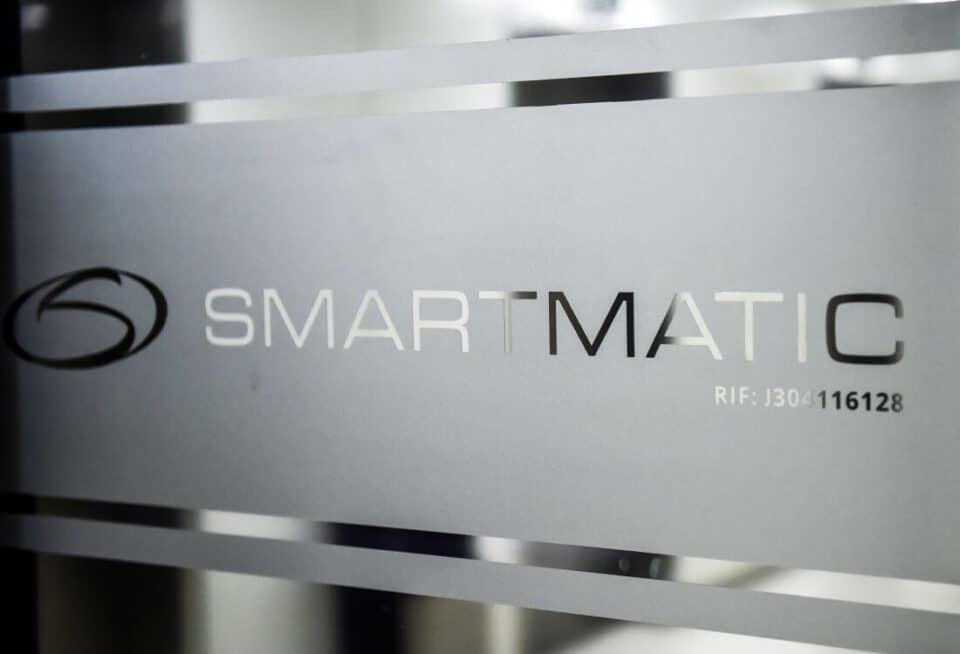By Burnett Munthali
The recent settlement between Smartmatic and Newsmax, announced just as jury selection was set to begin for their defamation case, marks a significant moment in the ongoing saga surrounding allegations of election fraud and misinformation following the 2020 presidential election. This analysis examines the implications of this settlement, the broader context of defamation lawsuits related to voting technology, and the potential impact on media integrity and accountability
- Nathenje Communities Laud APM’s GovernanceBy Mabvuto Kalawa, Correspondent, Malawi Freedom Network Communities in Nathenje are acknowledging President Arthur Peter Mutharika’s government’s efforts in improving…
- SKC memorial golf tourney March 28By Suleman Chitera The Saulos Klaus Chilima Foundation has organised a fundraising golf tournament in memory of the late Vice…
- Ayuba James: A Steadfast Voice of Integrity Within the MCPBy Suleman Chitera In the evolving landscape of Malawi’s politics, Ayuba James is increasingly being recognised as a principled and…
- Mighty Wanderers FC Set for CAF Champions League Return After Mpinganjira Green LightBy Suleman Chitera Malawi football giants Mighty Wanderers FC have officially confirmed their participation in the 2026/27 CAF Champions League,…
- Mutharika Cracks Down on Health Sector Corruption with Sweeping Executive Order After Media ExposeBy Suleman Chitera State President Peter Mutharika has issued a sweeping executive order aimed at overhauling the country’s public health…
- BMTV tells DPP to start recognizing its foot soldiersBy Vincent Gunde Bakili Muluzi TV online television station, has advised senior Democratic Progressive Party (DPP) members to think twice…
- HRCC Demands Police Update on Sameer Sacranie Abduction as Public Anxiety MountsBy Suleman Chitera The Human Rights Consultative Committee (HRCC) has intensified pressure on law enforcement authorities to provide a public…
Smartmatic, a voting technology company, filed a lawsuit against Newsmax in November 2021, alleging that the right-wing news network disseminated false claims about the company’s involvement in election fraud. This lawsuit is part of a broader trend where several media outlets and public figures have faced legal repercussions for promoting unfounded allegations regarding the integrity of the 2020 election. The case gained attention after a judge allowed the claims to proceed in early 2023, leading to the impending trial that would have addressed the credibility of Newsmax’s reporting.
The legal landscape for these cases has been complicated. Judge Eric Davis’s ruling allowed Smartmatic to pursue its claims against Newsmax but barred punitive damages, stating that there was no evidence of “evil intent” from Newsmax, which is a critical standard for such claims. Furthermore, Newsmax’s defense rested on the assertion that it was merely relaying statements made by guests rather than making false claims itself.
The specifics of the settlement remain undisclosed, yet it signifies a retreat from a potentially damaging trial for Newsmax, particularly after Fox News faced a high-profile settlement of $787.5 million with Dominion Voting Systems for similar defamation claims. The choice to settle may reflect a desire to avoid the uncertainties of a jury trial and the risk of a ruling that could further tarnish the network’s reputation and financial stability.
Broader implications
1) Media accountability
The settlements in these cases underscore the challenges media organizations face when reporting on contentious and potentially misleading claims. As various outlets navigate the fine line between news reporting and the propagation of misinformation, the outcomes of these lawsuits may set precedents for how media entities are held accountable for misleading information, particularly in a politically charged environment. The trend of settling could compel other networks to rethink their editorial practices to avoid costly litigation, potentially leading to more responsible reporting.
2) Public trust in media
As defamation lawsuits like those from Smartmatic and Dominion capture public attention, they could significantly affect public confidence in media outlets. If networks are perceived as spreading falsehoods without accountability, audiences may become increasingly skeptical of the information they consume. This erosion of trust can have long-term consequences for democratic discourse and public engagement, leading to a more polarized society where misinformation thrives unchecked.
3) Future legal battles
The resolution of the Smartmatic case does not diminish the ongoing litigation involving Dominion and other parties. Dominion’s upcoming trial against Newsmax in April 2025 will likely continue to attract significant scrutiny and may further shape the legal landscape surrounding defamation and media accountability. As the dust settles on the Smartmatic settlement, the results of these ongoing legal battles will remain pivotal in determining how media outlets report on contentious political issues and the potential repercussions of disseminating misinformation.
The settlement between Smartmatic and Newsmax signifies more than just a legal resolution; it highlights the precarious balance media organizations must maintain between free speech and responsible reporting. In an era where misinformation can have severe implications for public trust and democratic integrity, the outcomes of such cases will be critical in shaping the future of media accountability. As the legal ramifications continue to unfold, stakeholders within the media landscape must reflect on their role in informing the public and the ethical responsibilities that accompany that duty.




